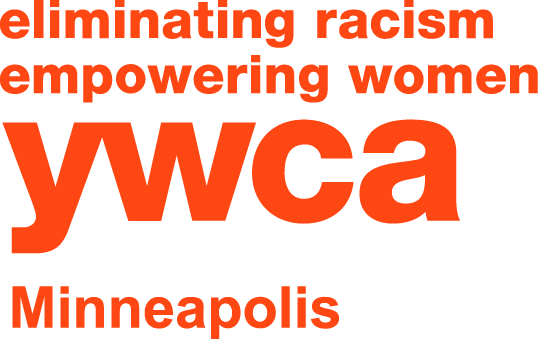Ramadan and How to Support Your Observing Colleagues
April 25, 2022
There are two billion Muslims in the world, making Islam the second most practiced religion across the globe. By 2045, Muslims will be the majority. In the United States, 3.45 million people practice Islam. Given our demographics, if you are not Muslim yourself, it is very likely that you work with, attend school with or are neighbors with someone who is. We are in one of the holiest times in the Islamic calendar, which is Ramadan.
What is Ramadan?
Ramadan is the holiest month for Muslims and fasting during the month is one of Islam’s five pillars. The Islamic calendar is a lunar one and Ramadan falls on the ninth month, which moves up about eleven days each year. As a result, the month does not fall on the same date of the Gregorian calendar as the prior year. Therefore, the exact first day of Ramadan will be dependent on sighting the new moon. Muslims around the world observe the month by engaging in fasting from dawn to sunset, increased studying of the Quran, individual improvement and reflection, additional prayers in congregation and giving to charity, among other practices. The day typically starts before dawn when Muslims consume their first meal of the day, which will sustain them until sunset. This is followed by the first prayer of the day, which marks the beginning of the fast. People go about their day while fasting — not just from food and water, but gossip, arguments, using profanities and practicing intentional mindfulness of good manners. Overall, it is a month of habit building by practicing self-restraint. The sunset prayer marks the breaking of the fast, followed by special prayers, Taraweeh, which last well into the night. There are many reasons that individuals might partake in some aspects of Ramadan but not the fasting. There are a number of people who are not required to fast including but not limited to children, the elderly, people with an illness and women who are menstruating, pregnant or breastfeeding, to name a few. The ending of Ramadan and the beginning of the Eid celebration are also ushered in by sighting the new moon. Muslims take a minimum of a day off to partake in celebrations. Below is a video that follows YouTuber Yara Elmjouie when he fasted for his first Ramadan. https://youtu.be/h1779_E1A20
Quick notes:
- Please do not feel bad eating/drinking next to your fasting colleagues — those of us who are fasting made the choice to fast and are ok with it.
- There are many reasons one might not be fasting; be mindful not to solicit explanations
- Fasting is an expression of faith, not deprivation
- Do not minimize the season by conflating the fasting associated with spiritual growth and practice of Ramadan with fasting that is widely promoted in mainstream media as a weight-loss tool
How can I support my Muslim staff and foster belonging?
- Acknowledge the month and raise awareness and wish your observing staff a Ramadan Mubarak
- Find out if they need accommodations or flexible work days
- Avoid organizing food-centered employee events during the month
- Avoid scheduling trainings, events and mandatory meetings on Eid
- Revisit your organization’s PTO calendar/policies to promote religious diversity
Additional Resources
Britannica Group: RamandanLearn More about YWCA Racial Justice Programs
